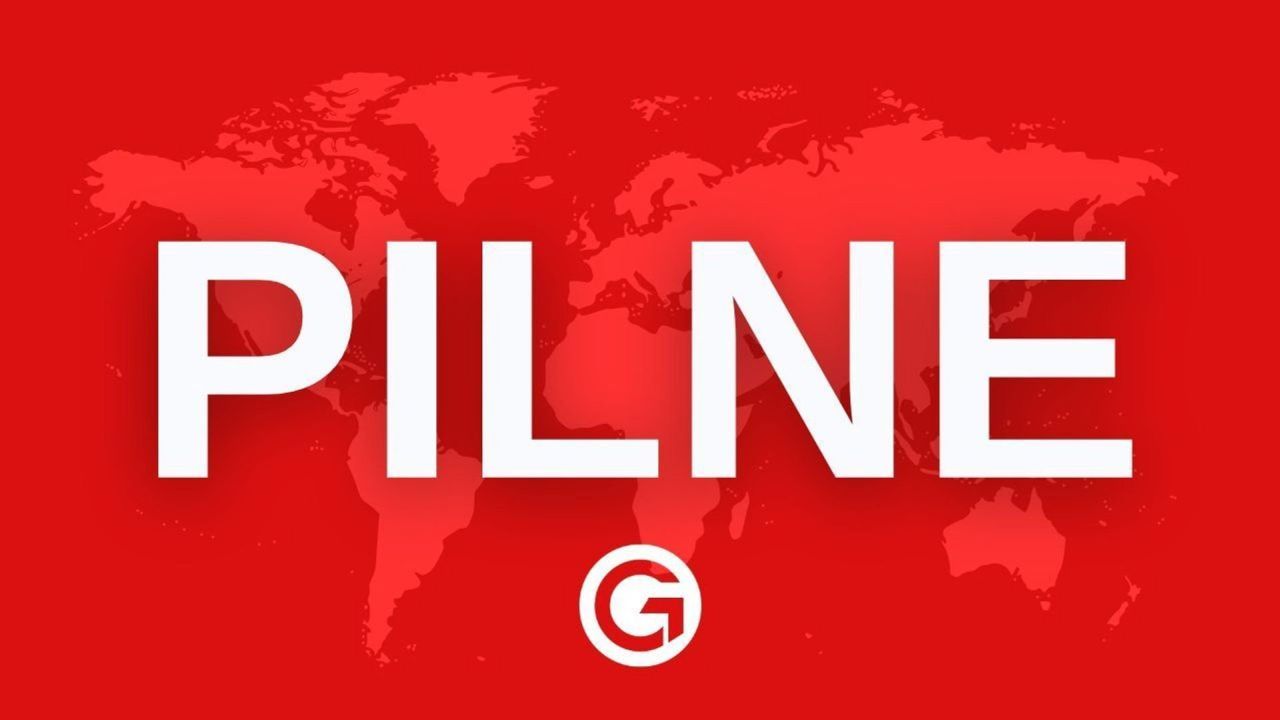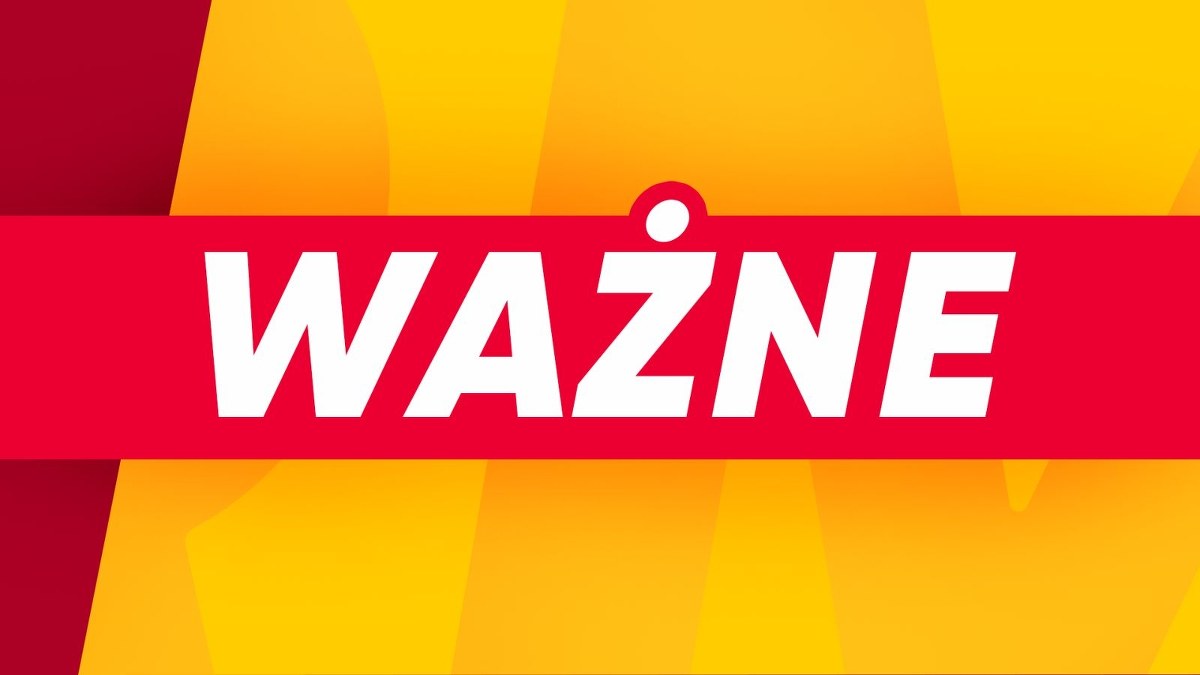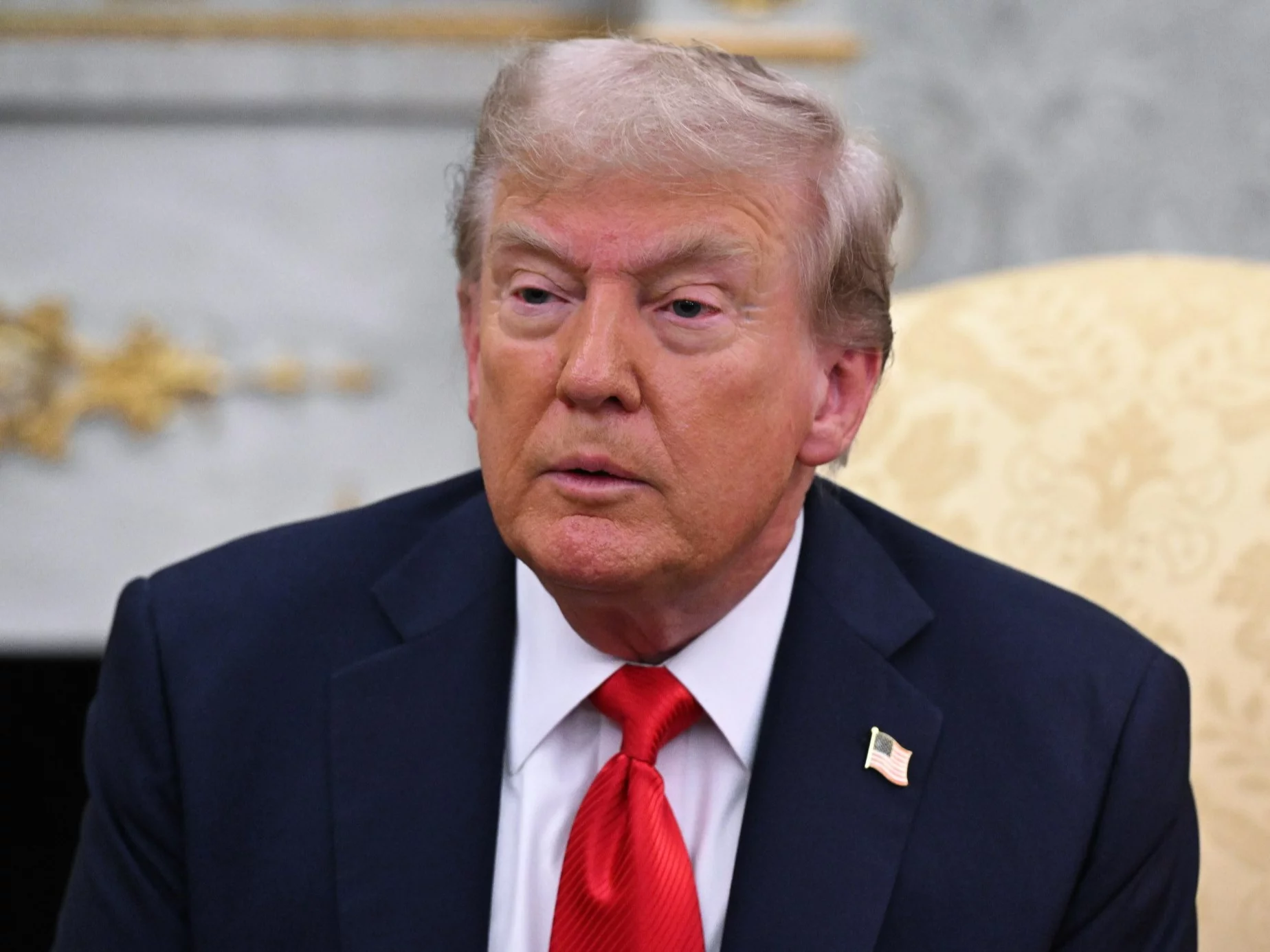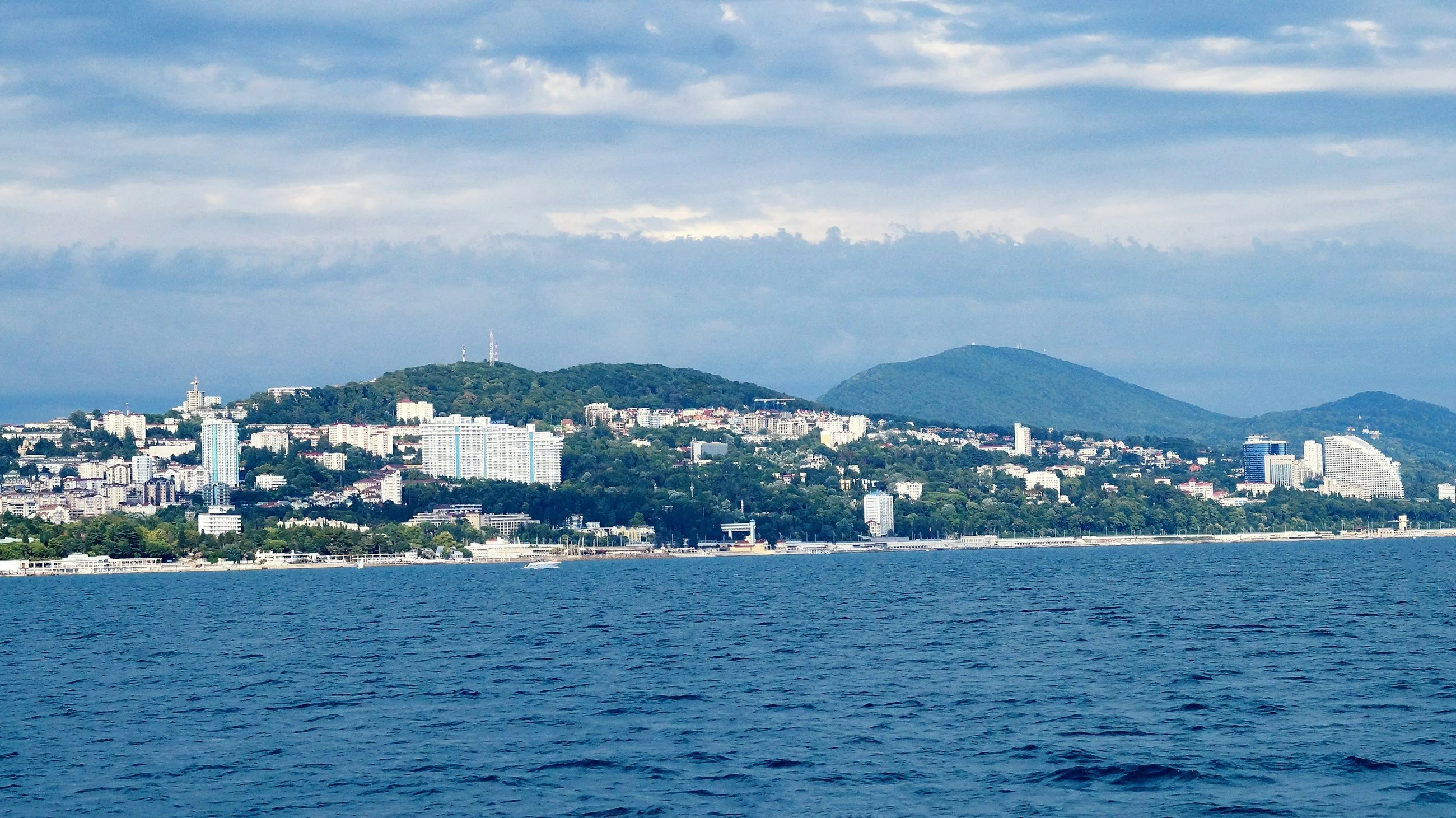Trump declared that if no agreement was reached with Russia on the end of the war in Ukraine within 50 days, the United States would impose duties on Moscow and its trading partners. He announced that tariffs could scope up to 100 percent. He besides added that Washington is "very dissatisfied" with the current attitude of the Russian authorities.
The U.S. will deliver weapons. That's the NATO plan.
The president of the United States is of the opinion that since Russia continues to bomb civilian targets in Ukraine, the United States will send weapons to Kiev, and Europeans will pay for it. “We have a deal present that we will send them weapons and they will pay for it,” he said, referring to the latest arrangements with the NATO chief.
Mark Rutte in consequence to these words stressed that "in place of Russia's leader Vladimir Putin would have considered a more serious approach to peace talks". – This means that Ukraine can get a truly immense number of military equipment for air defense, rockets and ammunition. (...) NATO countries will rapidly decision arms to Ukraine," he said and pointed out that this was the first phase of aid to Kiev, followed by another.
Trump, on the another hand, said that "it's a very large deal." “This is military equipment worth billions of dollars, which will be purchased from the United States, will go to NATO and then Ukraine,” he explained in the Oval Office. Rutte stressed that Monday's decision was based on the immense success of the NATO summit in The Hague. Let us add that the associate States agreed on the request to increase defence spending to 5% of GDP.











